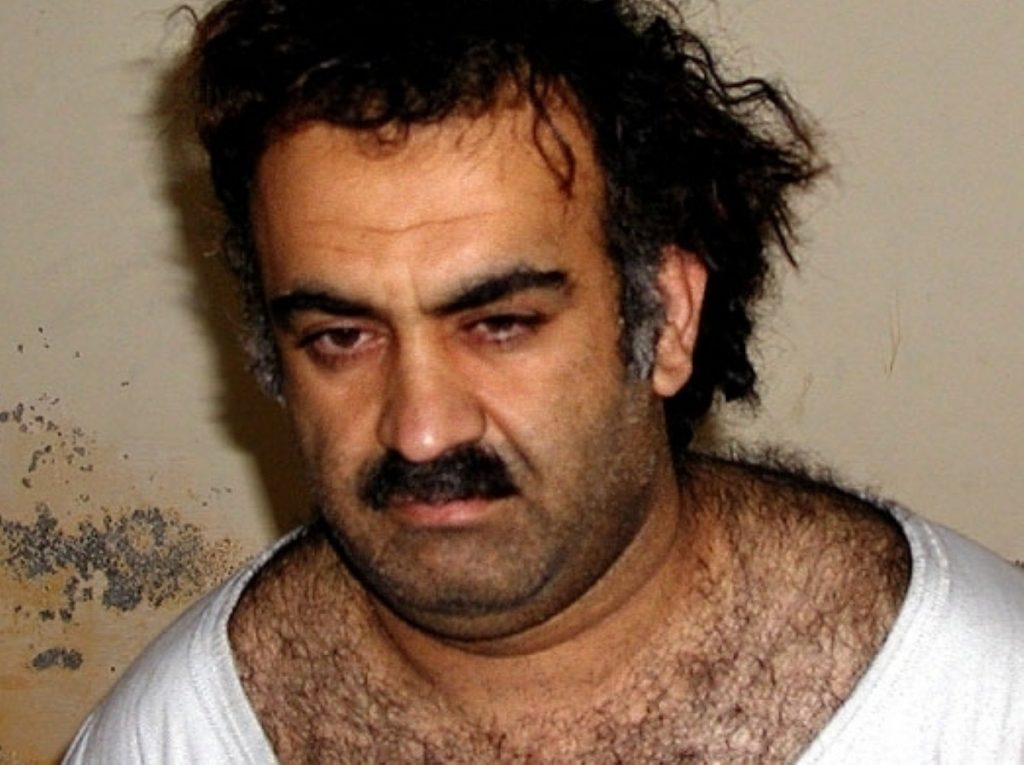Defiant Bush puts UK on waterboarding defensive
The Foreign Office has defended Britain’s dependence on the US and other countries for help in the fight against terrorism, after George Bush’s defiant ‘waterboarding’ comments.
The former US president has claimed that attacks on Canary Wharf and Heathrow airport were thwarted thanks to the use of the controversial approval of the interrogation technique, which simulates drowning.
Prime minister David Cameron made clear that in July that the UK government considers waterboarding to be a form of torture. Its use was banned in the US shortly after Mr Bush’s successor, Barack Obama, took office.
But the Foreign Office insisted Britain had to work with foreign partners including the US to fight terrorism.
“It is absolutely essential that our security and intelligence services are able to work with foreign partners to counter the threat from international terrorism and protect national security,” a spokesperson said.
“We, and particularly our personnel on the ground, work very hard to reduce the risks of detainees being subjected to mistreatment when they are held by other countries.”
The spokesperson added that the UK remained opposed to torture and cruel, inhuman and degrading treatment or punishment, however.
Mr Bush, who left the White House in January 2009, told the Times newspaper he had authorised its use on 9/11 planner Khalid Sheikh Mohammed and two others.
“We capture the guy, the chief operating officer of al-Qaida, who kills 3,000 people. We felt he had the information about another attack,” the former president said.
“He says, ‘I’ll talk to you when I get my lawyer’. I say, ‘What options are available and legal?'”
Mr Bush has consistently argued waterboarding is justifiable if it means terrorist attacks are prevented, but human rights organisations have called it torture under international law.
The former president’s memoirs, Decision Points, claim that CIA interrogations “helped break up plots” against multiple targets in the US, US diplomatic facilities abroad and “Heathrow airport and Canary Wharf in London”.
Waterboarding, previously employed by the CIA in the interrogation of al-Qaida suspects, involves immobilising a victim on their back with their head inclined downwards and pouring water over their face and breathing passages.
The technique causes suffocation and inhalation of water, leading the subject to experience drowning and believe they are about to die. It is widely considered to be a form of torture and was banned by Mr Bush’s successor Barack Obama.
It emerged last year that waterboarding had been used 183 times against Mohammed in March 2003. The New York Times newspaper claimed interrogators used it 83 times on Abu Zubaydah, another al-Qaida suspect.
Reprieve director Clive Stafford Smith said Mr Bush had made the world “an infinitely more dangerous place” by authorising waterboarding.
“US torture spread like a virus, from the CIA to Abu Ghraib, and became the greatest recruiting sergeant for extremism,” he said.
“A vast reservoir of goodwill towards the US following 9/11 was drained in record time.”
The Foreign Office spokesperson said the British government neither condoned torture nor asked others to do it on its behalf.
“The publication of the consolidated guidance makes clear there are no circumstances where the UK would take action in the knowledge or belief that torture would occur at the hands of a third party,” he added.





-01.png)